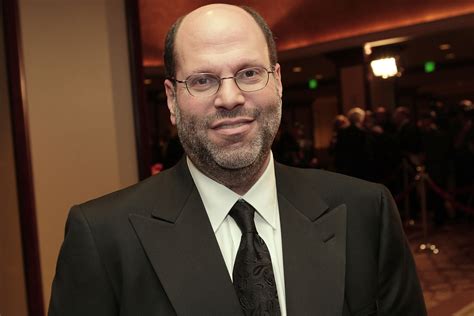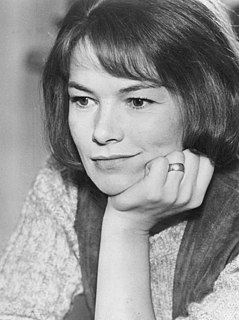A Quote by George R. R. Martin
We're all the heroes of our own stories. So, when I am inside the head of a character who would otherwise be considered a villain, I have a great deal of affection for that character and I'm trying to see the world and the events through their eyes.
Related Quotes
I believe that all novels, ... deal with character, and that it is to express character – not to preach doctrines, sing songs, or celebrate the glories of the British Empire, that the form of the novel, so clumsy, verbose, and undramatic, so rich, elastic, and alive, has been evolved ... The great novelists have brought us to see whatever they wish us to see through some character. Otherwise they would not be novelists, but poet, historians, or pamphleteers.
When I'm writing, I try to have the mask of my character on as I'm walking through the world. When I'm not at my desk, the rest of the time, I try to stay in that character and see the world the way that character would It's almost like method acting in a way — keeping the character close the way the actor keeps a script close and always tries to be in character.
You read a script, you try and think through what is the best, most wide-ranging way of telling the story: who stylistically, character-logically, psychologically fits inside the world of what you're trying to do. A lot of it, when you're casting, is trying to get yourself in the head of a director.
For me, personally, I'm more comfortable with what I would call third-person entertainment, meaning watching a character that's explicitly not me and experiencing something through a character's eyes, than what I would call first-person entertainment, which is a video game in which I am the character.
A character does seem to have a life of its own, but I have what I'd describe as a very fluid relationship with them - as I'm thinking of what they will be like, they shift in and out of focus - they are a projection of some idea inside of me, even if a character is inspired by an actual person, I'm well aware that it is not that person. My job is to identify the essence of the character, and to bring them to life long enough to commit the acts, say the words or simply "be" in a way that allows them to affect and be affected by other elements and events in the imaginary world of a story.
Within a single scene, it seems to be unwise to have access to the inner reflections of more than one character. The reader generally needs a single character as the means of perception, as the character to whom the events are happening, as the character with whom he is to empathize in order to have the events of the writing happen to him.



































